-
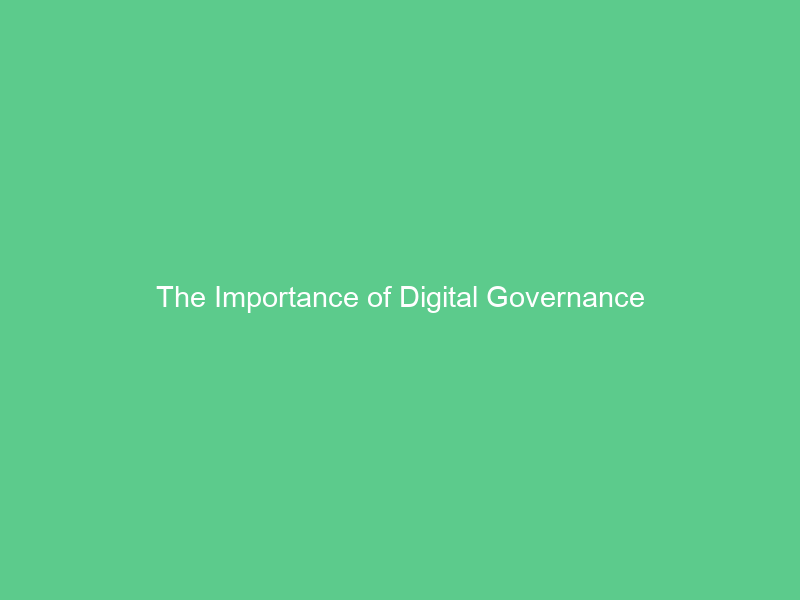
The Importance of Digital Governance
Digital tools and platforms empower individuals by offering access to global information and global connections, yet governance designers must strike a balance between autonomy and accountability when designing for…
-

What is Community Engagement?
Community engagement is the practice of mutual decision-making that puts community members first. It fosters trust between people and bolsters long-term resilience. Access and inclusion are at the core…
-
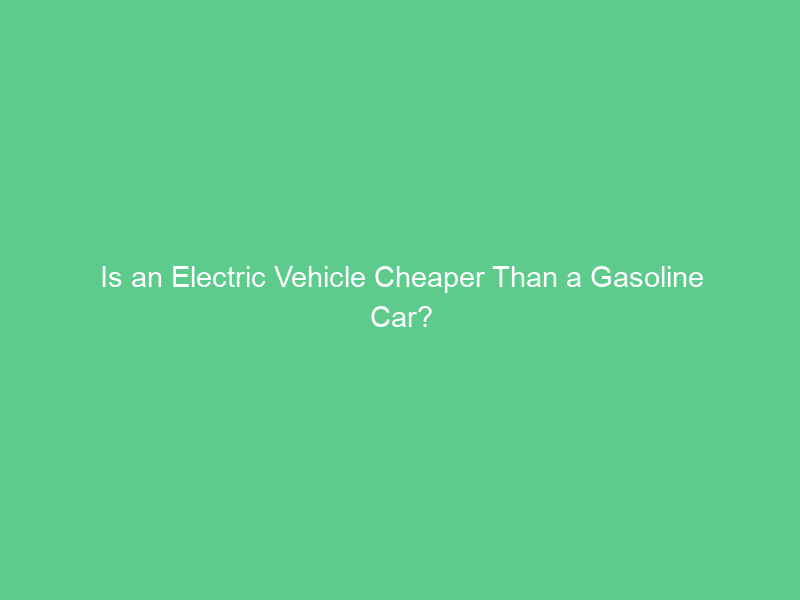
Is an Electric Vehicle Cheaper Than a Gasoline Car?
An electric vehicle uses advanced batteries and motors to produce zero exhaust emissions – this is hugely important given that fossil fuels produce harmful pollutants which contribute to climate…
-

Carbon Capture and Storage
Carbon Capture and Storage (CCS) is a technology which captures emissions of CO2, then stores them underground in geological formations such as deep saline reservoirs or coal beds. CCS…
-
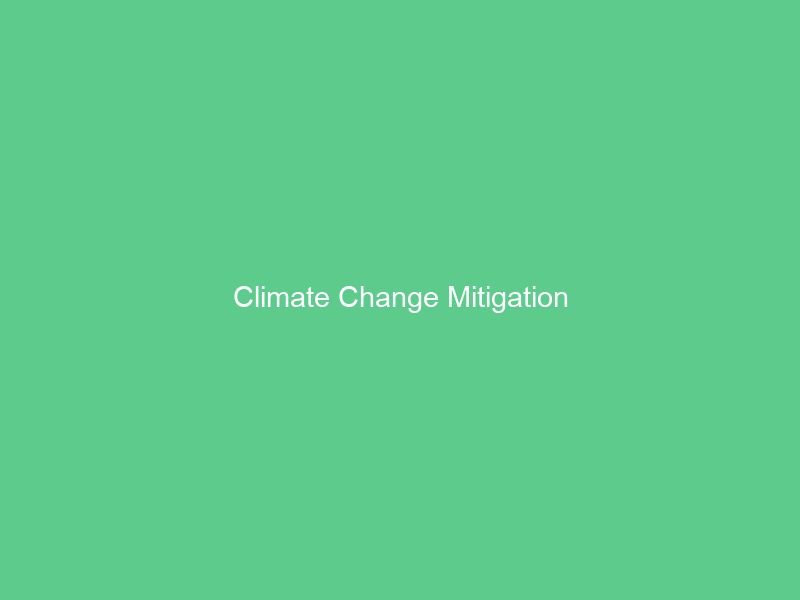
Climate Change Mitigation
Climate change mitigation requires all countries to work toward decreasing the flow of heat-trapping greenhouse gases into the atmosphere while improving carbon sinks that remove them. Individuals and businesses…
-

What Is Energy Policy?
Energy policy refers to the set of decisions taken by governments to promote sustainable energy use. It may involve strategies like encouraging renewable energy production and energy efficiency measures,…
-

The Benefits of Mixed-Use Development
Mixed-use development offers the promise of attracting diverse tenants, which may help bring down vacancy rates and ensure stable income streams. However, such an endeavor requires extensive market analysis…
-

Green Buildings
Green buildings aim to reduce environmental impacts associated with building construction, operation and maintenance. This contemporary building movement seeks to lessen these effects by better addressing issues of land…
-
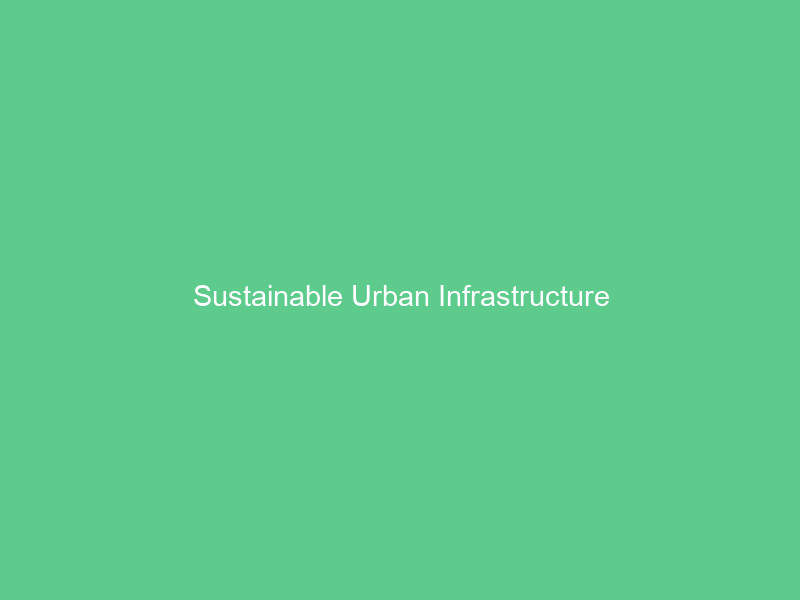
Sustainable Urban Infrastructure
Sustainable urban infrastructure refers to equipment, buildings and systems that enable people to live a high quality of life while conserving natural resources. This encompasses energy utilities, water utilities,…
-
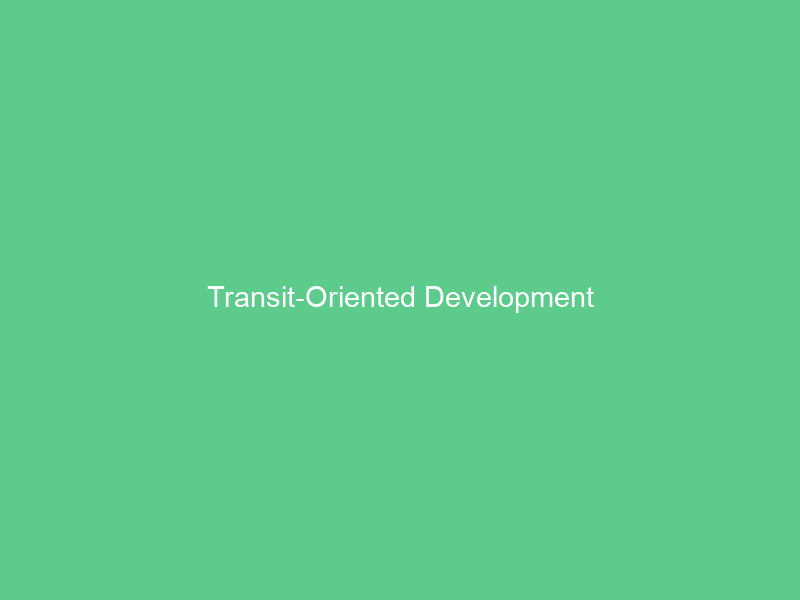
Transit-Oriented Development
TOD (Transit-Oriented Development), is an increasingly popular trend in urban and suburban development that centers housing and businesses around high quality transit stations, increasing ridership while simultaneously creating vibrant,…
